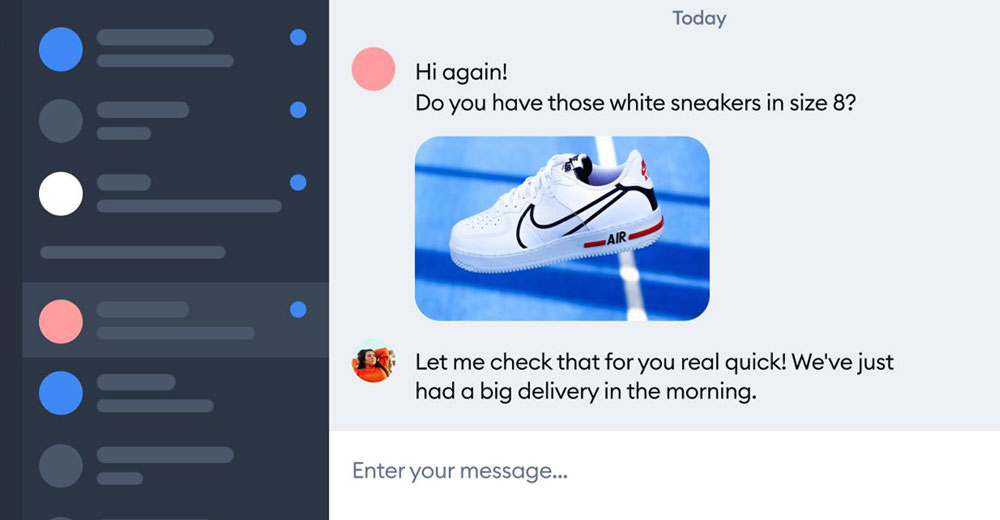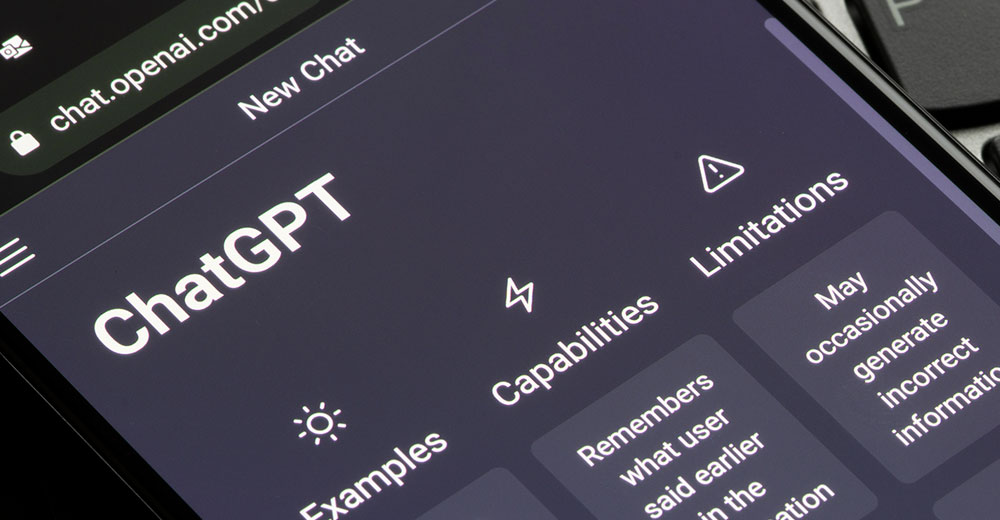
Murmurs about Google’s supposed plans to launch its own tablet soon are growing to a roar.
Source code from Google and Samsung indicate that a Nexus tablet is in the works, Slashgear reported.
“It seems logical that it will be a Google Nexus device consistent with the Nexus smartphone, but the problem is there’s nothing unique about the Nexus smartphone,” suggested Andrew Eisner, director of community and content at Retrevo.
“Samsung politely declines to comment at this time,” company spokesperson Makenzie Blyth told TechNewsWorld.
The Kernel of a Rumor
The kernel codes Google and Samsung are working on are for Samsung’s Exynos processors. Exynos is the name for a series of ARM-based systems on a chip (SoCs) made by Samsung Electronics. The Samsung Galaxy S smartphone was the first device from that company to use an Exynos chip.
The supposed Google tablet will reportedly have an Exynos 5250 dual-core A15 processor. It will also have an ARM Mali T-604 graphics processing unit clocked at up to 533 MHz.
The device will also reportedly have an ultra-bright Super AMOLED display as well as a rear camera.
The tablet will apparently be a Google Nexus device. Nexus devices offer a pure Android experience, meaning that the operating system remains unmodified.
Who Needs a Nexus Tablet?
Apple’s iPad is the unquestioned king of the tablet market, and Barclays contends that sales will continue to grow.
However, Android tablets haven’t fared well. The best-seller in this category, the Amazon Kindle, had a blowout holiday period but sales reportedly fell off after that.
“It still appears that Android just doesn’t have what it takes to compete with the iPad,” Retrevo’s Eisner told TechNewsWorld. “Amazon’s Kindles had a competitive price, and that seems to have run its course.”
Despite this, there are indications that a market for Android tablets exists. For example, Verizon Wireless announced Android tablets for the enterprise at the International CTIA Wireless 2012 trade show last week. These are “open development certified devices running Android 2.3” and don’t carry the Verizon brand, Sowmya Varadarajan, an associate director at Verizon, told TechNewsWorld.
Vantiv is one of Verizon’s customers for the tablets, Varadarajan said.
What About Google?
Just what Google’s doing with Samsung in regard to tablets isn’t clear. Why would Google want Samsung to serve as its OEM when it has Motorola Mobility, which already produces an Android tablet? And why would Samsung want to serve as Google’s OEM when that could cost it the business it has built up in offering Android tablets under its own brand?
Reports of a Google tablet “have never been confirmed, so we can’t confirm them,” Motorola Mobility spokesperson Kira Golin told TechNewsWorld. Motorola Mobility’s still offering the Xoom, which “is carried by some outlets,” as well as that tablet’s successor, the Xyboard.
Other major Google partners such as Asus have their own Android tablets.
Google and Asus did not respond to our request to comment for this story.
No Apps, No Sale
“No matter who produces [the tablets], there lack of apps is still a problem,” Retrevo’s Eisner pointed out. “Ice Cream Sandwich was supposed to provide a unified platform and make it easier for developers to produce apps for both smartphones and tablets, but so far there are many more iPhone apps than Android apps.”
Verizon has had its own private app store for business. Companies can pre-approve apps in this store for employees to download.
Whether Google can fight off inroads into the market for Android apps from Amazon and now Verizon remains to be seen.













































